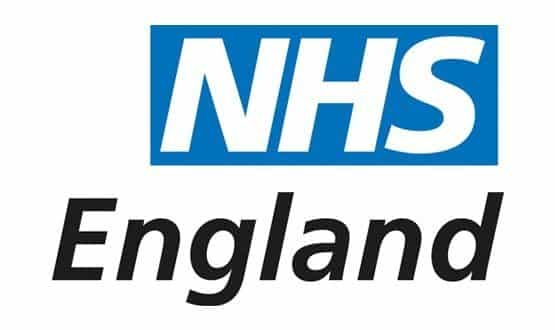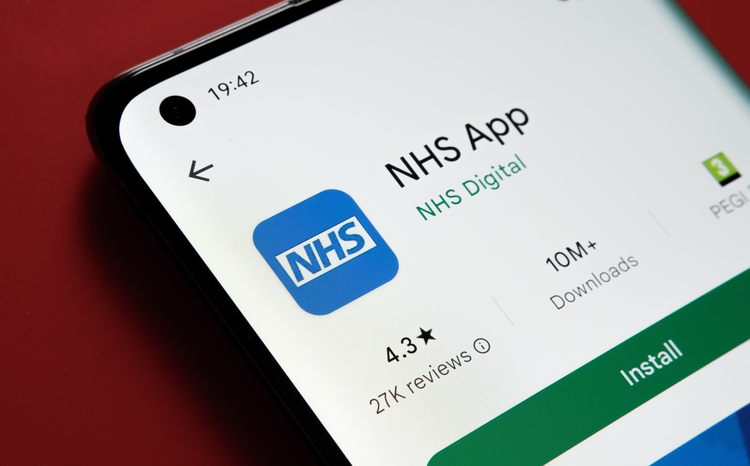NHS England to unleash people power
- 14 June 2013

NHS England will release an NHS technology strategy for the next decade – called ‘Unleashing the Power of People’ – this December.
Beverly Bryant, NHS England’s director of strategic systems and technology, spoke at the Commissioning Show in London on Tuesday.
She said the new strategy would draw a line under the past and some of the old national programmes.
It will include details of support to attract people to work in the NHS from the private sector, as well as apprenticeships to make sure the NHS has the skills to make the digital transformation.
“I want you to start supplementing the skills you have got by engaging the market – SMEs and large firms – to get people who understand how to implement technology and to build the skills base to help clinical commissioning groups and other NHS organisations achieve this,” she told the audience.
A key focus of the strategy will be on customer service, such as offering patients online records access, e-consultations and online ordering of repeat prescriptions.
Bryant asked each CCG to choose one or two areas of the transparency and participation agenda to champion over the next 12 months, such as ensuring that all practices are offering appointment booking online.
The strategy will also focus on electronic record-keeping. “If we leave the NHS to create digital care records themselves they will probably do it in about 20 years, the vision instead is to do it in ten,” explained Bryant.
“Primary care in the UK is the best in the world at digital record keeping, but we are not the best in the world in secondary care so I need help from CCGs in their commissioning role to help make this a reality.”
Bryant said more details about how to apply for the newly announced £260m Technology Fund would be released on 1 July. This is also when guidance for NHS trusts on adopting electronic patient records is due to be released.
Bryant referred to the US model where incentives were tied to ‘meaningful use‘ standards, saying NHS England would use money and incentives to get people moving on the journey towards a “digital reality”.
The money would not just be for the laggards, but also to accelerate the work of those trusts that were already well on their way.
She also confirmed what EHI reported last week, that use of the NHS Number will be in standard secondary care contracts from April next year.
“We’re working with CCGs to make that a reality. We need to understand views on that through consultation, but it’s a big driver for integration,” she added.
Another big part of the strategy was around putting patients in control, through the use of things like telehealth and telecare using mobile devices.
“If we can get the underlying technology right it will not be difficult to start pushing devices into the hands of patients so they can look after their own conditions in conjunction with GPs and primary care providers,” Bryant said.
She believed that strong informatics leadership was crucial to make the necessary digital transformation and described chief clinical information officers as a “linch pin” for bridging the gap between the medical and IT communities.




